Remembering Mario Mignone
In Italy, it was the early morning of May 28, 2019. In America, the late night of the 27th. The results of the European elections had just been revealed. Half asleep, I hear my phone ring, signaling a new message. It was a reprimand from Mario Mignone: “Would you care to tell me why you gave Salvini all those votes? Up until yesterday, he was cheering on the Etna, and you reward him?”
Obviously, he wasn’t angry with me. He knew very well that I would have voted for anyone but Lega Nord, but he couldn’t stomach that southerners (“conterroni” as he called them) had just given Salvini 20% of their consensus. “It is now the first party in Italy with 34.33% of votes (+ 3.5 million votes) - he insisted - they’re going to destroy our country!!!”
He was paying close attention. Sure, he was going through the data for the new edition of Italy Today, but he spoke as a concerned Italian, as someone who had always defended national unity. He was and felt like the knight of a united Italian Republic born out of the Risorgimento and the Resistenza and could not stand the sickening separationists of the North, as well as the “neo-Borbonic” ones of the South.
Naturally, he often went back to being American and kept his distance from Italy and its problems. In 2017, a few months prior to the celebration of the international conference on immigration in Agrigento and at Stony Brook, which we were organizing together, we were animatedly discussing the implant.
“We are not for open borders” – he claimed – “I understand the point of view of the Church who wants to welcome everyone. That is its mission. Here, however, we can’t ignore the problems.” I reminded him of his immigrant past and reprimanded his skids as an “arrived” Italian American. He would smile affably “I know! I know! Don’t worry, I’m still the person you read in ‘Story of my People.’ I know that you love me that way. You should, however, live in America to realize!” With some remorse, he had voted for Trump. But now he was critical: “I don’t like his behavior towards the European Union. It’s extortionary! We have to bring attention to that during the November conference!”
With all his physiological contradictions, he was, however, extremely firm when it came to the fundamental values of family and friendship. There wasn't a single meeting, in America or in Italy, which he didn’t begin by talking about the achievements of his daughters and his wife Lois, and of his affection for Tom Di Napoli, Ken La Valle Shirley Kenny, Rick Nasti, Sal Rotella, Sebastiano Martelli, and Claudio Rossi.
To gather us all, he had lately “institutionalized” a yearly appointment for the relation “Emigration - Immigration." We had just celebrated the first one last Spring. He was satisfied and intended to publish the results in a special number of Forum Italicum, but he had some doubts about the congruity of its contents with the publication’s more literary inclination. The journal was his great pride. He directed it with great rigor: “That’s why Italy gave me Serie A” - he would say with great satisfaction - “Tizio is a good person but that’s not enough. The things he writes are inadequate and I have the duty to keep the level high. There are a lot of people who publish nonsense!”
His experience as an immigrant had gifted him with extraordinary humanity. He had an ability to forgive that went above and beyond the christian ethic. Many times I have seen him suffer from the actions of others and I have listened to his harsh judgements, which however would usually dissipate soon after. His feelings of gratitude were, however, indelible.
Those who had shown him affection and helped him remained forever in his heart. Lately, he regularly informed me with great grief of Bill Arens’ precarious health condition. He had a special predilection for him: “As soon as you get here, we have to go see him, I promised.” And so we did, and we understood that it would have been the last time. “When my time comes” - he told me with tears in his eyes as we were leaving - “I hope I won’t have to go through all this suffering” - “I want to make it to the other side quickly.” And the Lord gave him that. He joined Bill in peace.






























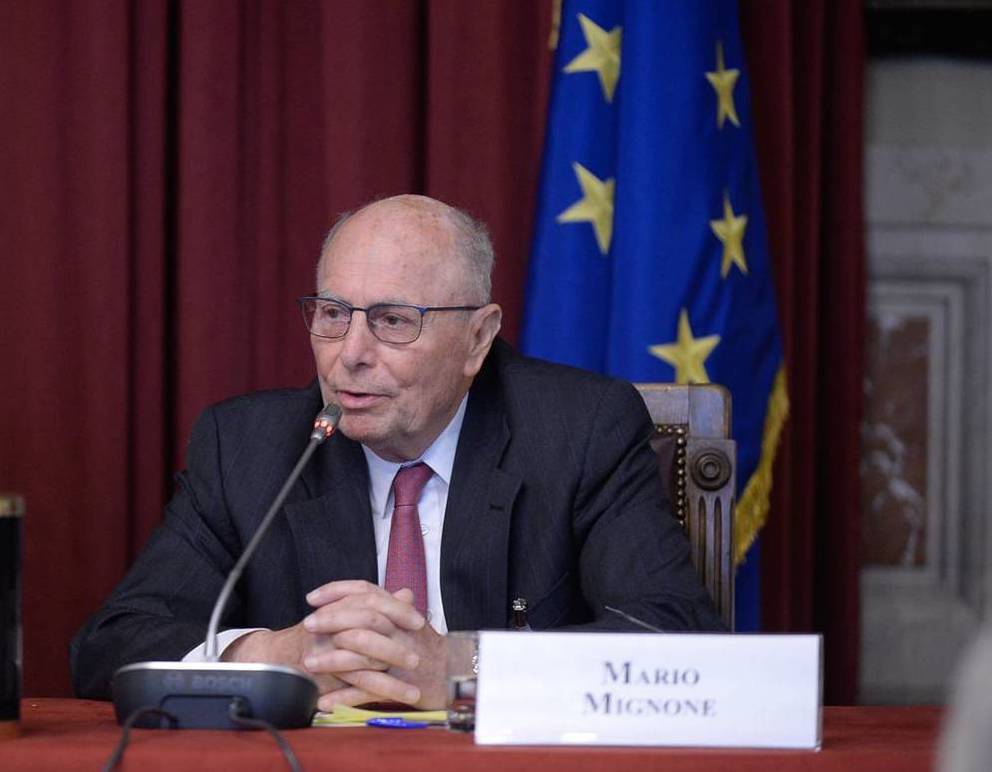
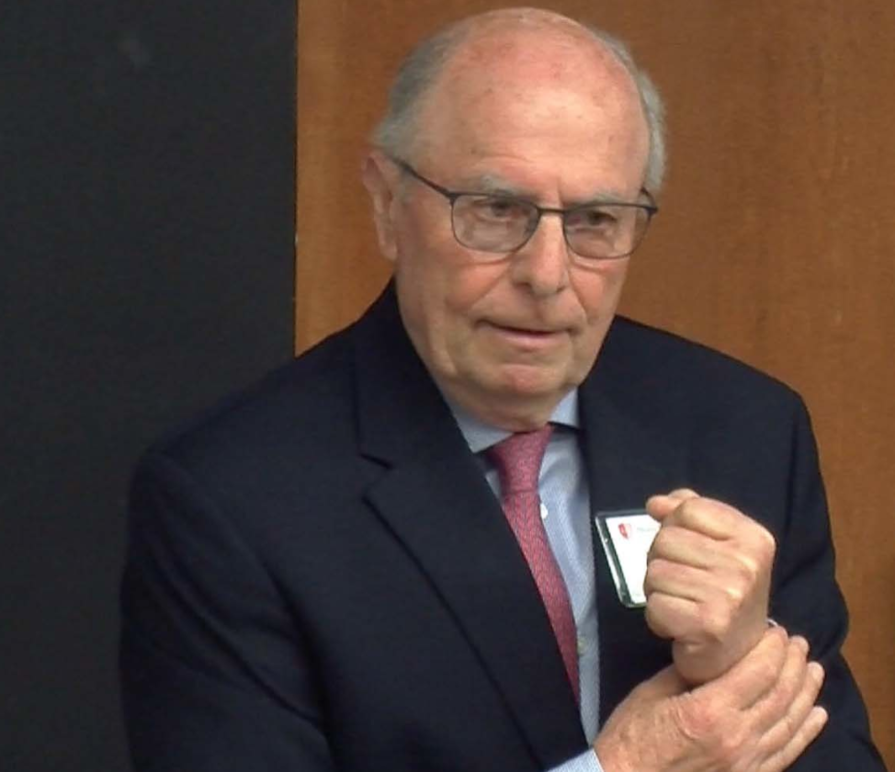
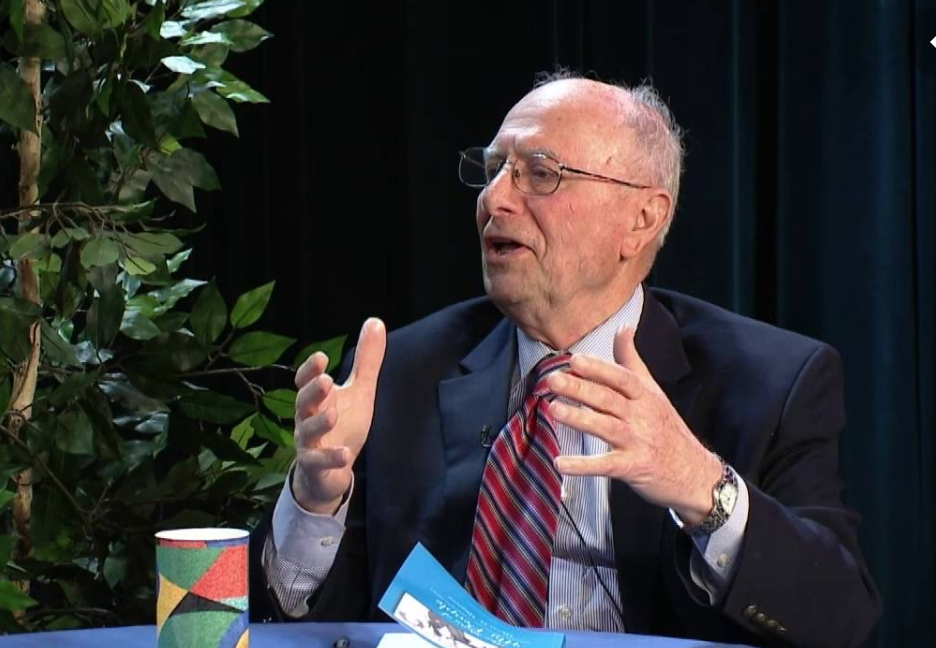
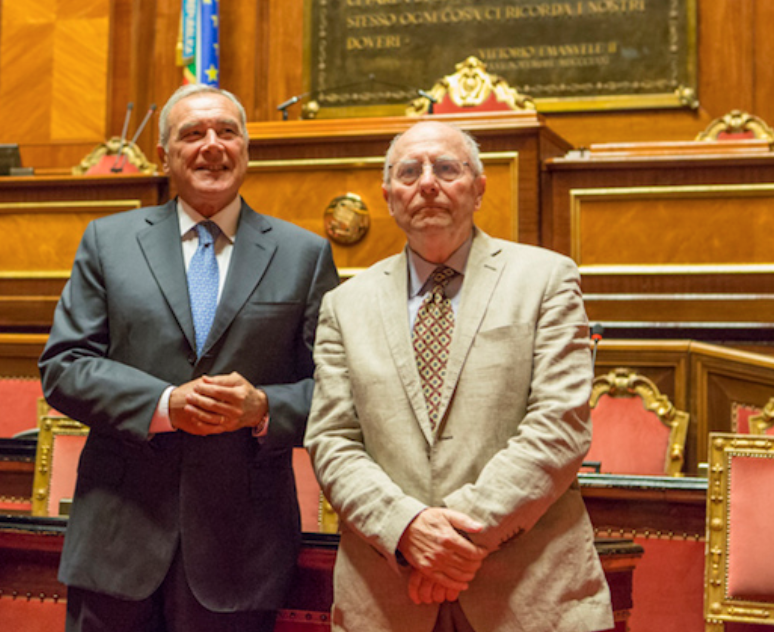
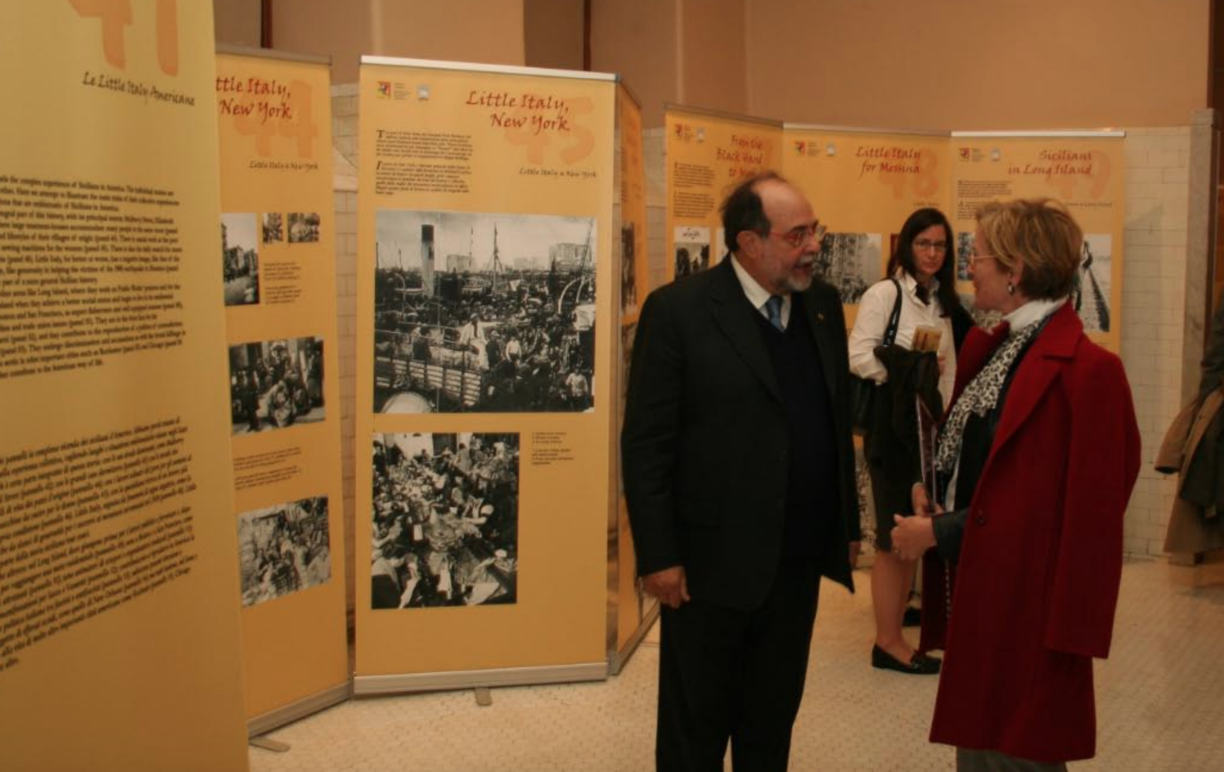
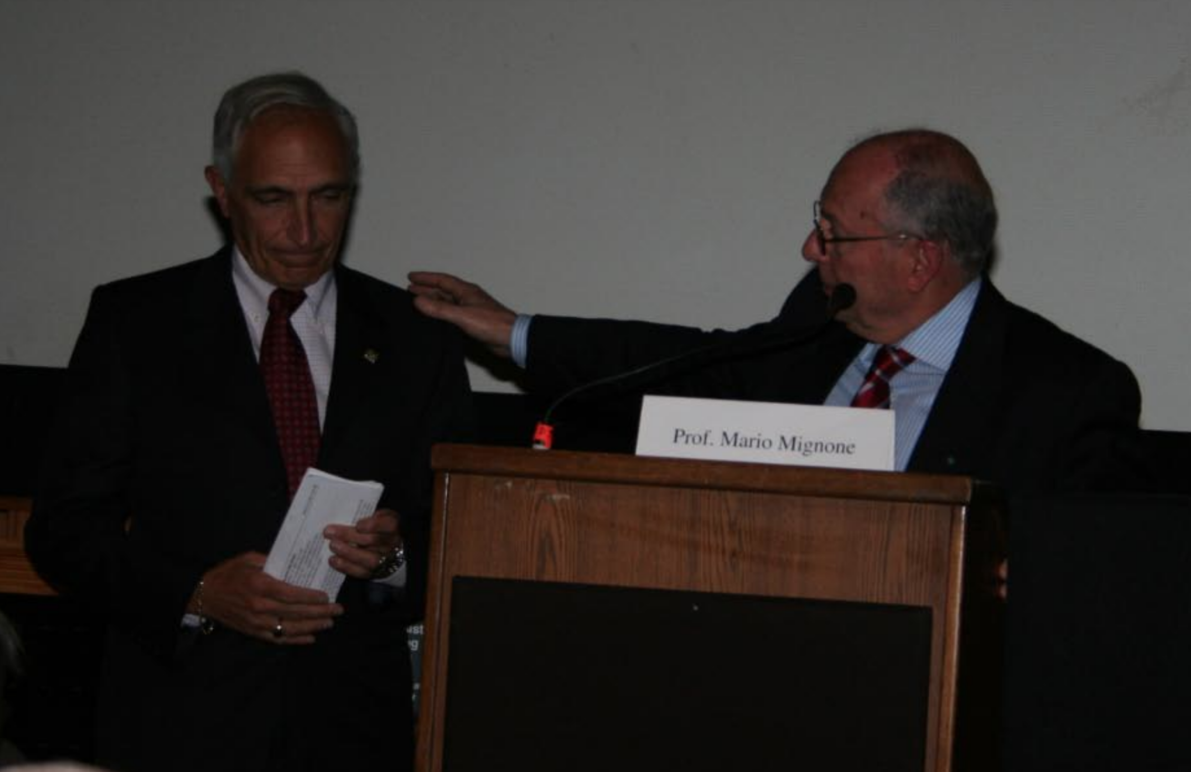
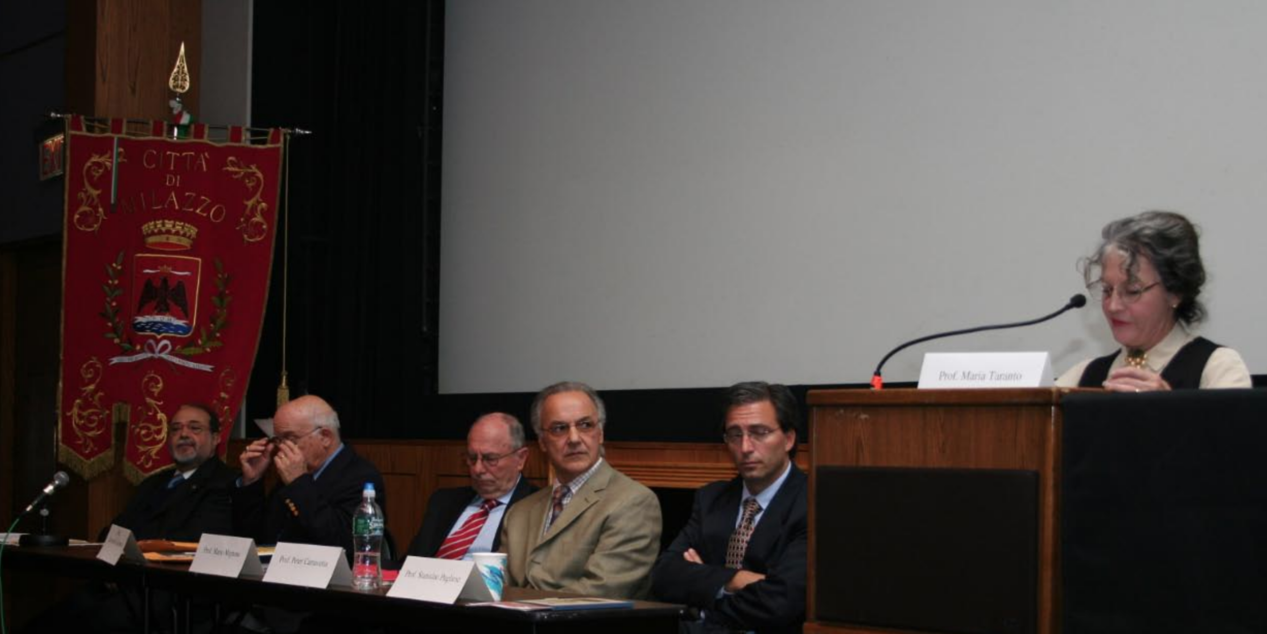
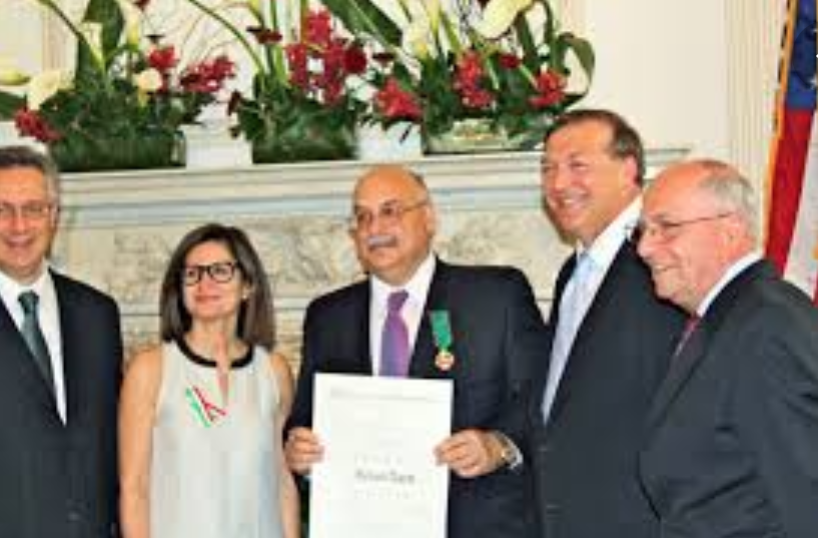
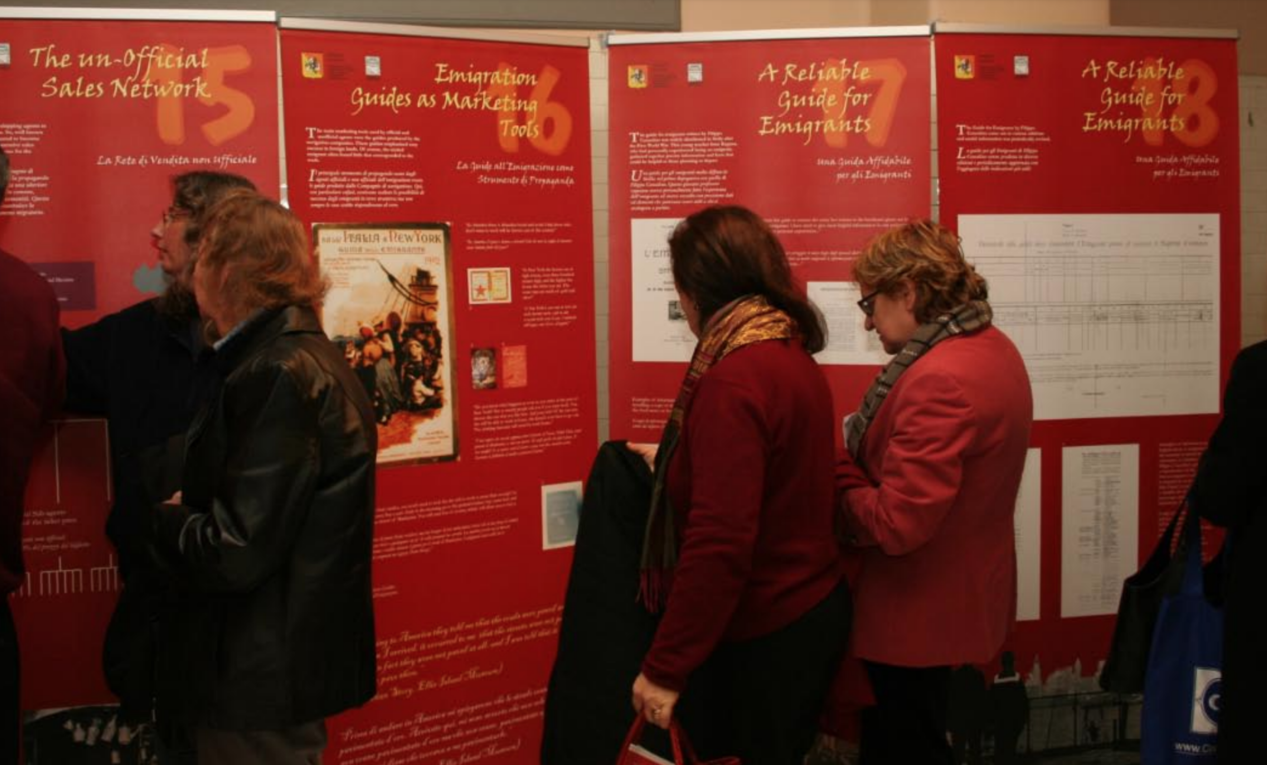



i-Italy
Facebook
Google+
This work may not be reproduced, in whole or in part, without prior written permission.
Questo lavoro non può essere riprodotto, in tutto o in parte, senza permesso scritto.